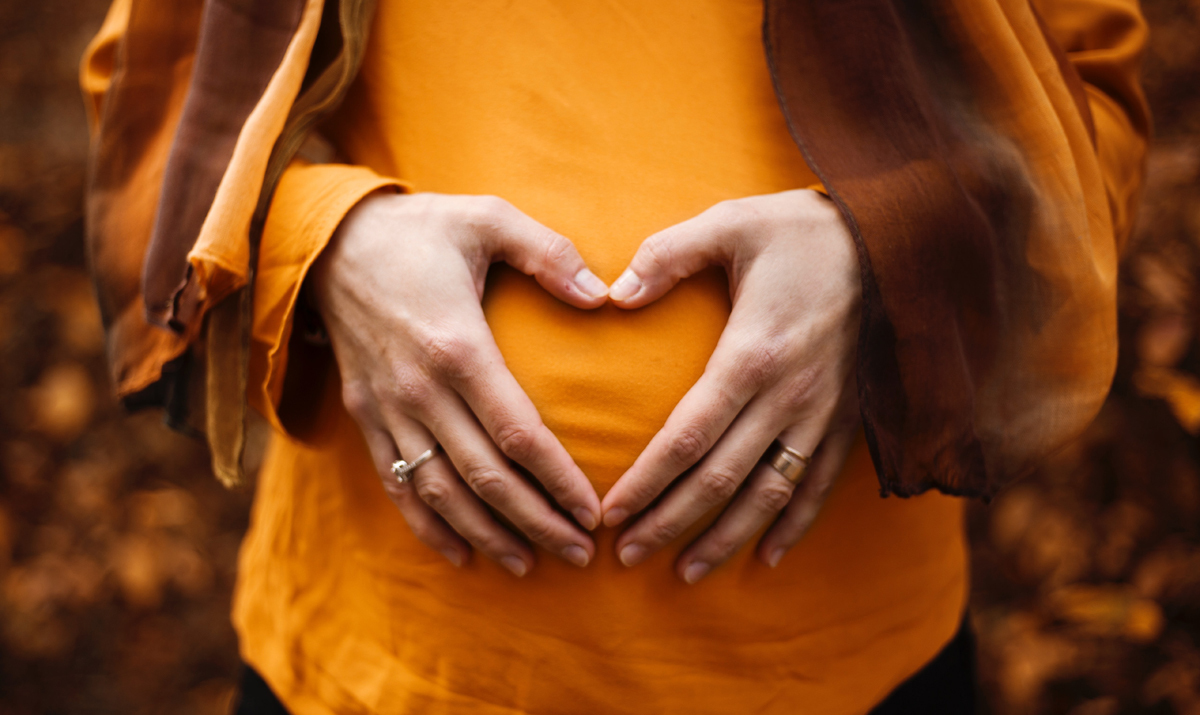Malaysia is neglecting women’s health during Covid-19 and will pay the price down the road.
THE death of songstress Siti Sarah Raissuddin in early August from Covid-19 while pregnant has brought the focus back on pregnancy and the risk of infection. There is now growing awareness about the issue of pregnant women and Covid-19 as well as questions about women’s mental health, sexual and reproductive rights and overall wellbeing.
The effects of Covid-19 on pregnant women have never been underplayed. From the start, pregnant women have been categorised as “at risk” – meaning they would be needing more care and attention if infected.
In fact, the Health Ministry’s statistics show that one in every 20 pregnant women who tested positive for Covid-19 required intensive care. Between March 2020 and April 2021, there were more than 1,600 cases involving pregnant women. The numbers jumped to more than 800 cases among pregnant mothers in May and June 2021, as Malaysia experienced a surge in cases.
Malaysia’s policy categorises pregnant women as “at risk” and pregnant women between 14 and 33 weeks were prioritised for Covid-19 vaccination, which began in June 2021. Earlier, the advice was to defer vaccination for pregnant and breastfeeding mothers.
But the policies for pregnant mothers still fall short. Discussions on family planning and mental healthcare for pregnant mothers received little attention despite them being deemed as “at risk”. To counter the shortcomings, the government should consider the following:
First, there must be more awareness about the safety and risks of pregnancy during a pandemic. The topic remains “taboo” despite the second year of the pandemic. In previous pandemics, there were discussions on delaying pregnancy when weighing the risks against viruses like Zika or SARS in the US. However, no official advisory has been released on this matter.

This doesn’t alter the fact that pregnancy is a risk during a pandemic, especially as healthcare systems around the world collapse with the demands from Covid-19. With this, comes the awareness of reproductive and sexual health rights of women who must decide on pregnancy and treatments for themselves, as questions and options on the on postponement of pregnancy become an option. The risks surrounding becoming pregnant during a pandemic with an overstretch healthcare, however, should not encroach on the mother’s personal choices on postponing or continuing with the pregnancy.
Second, mental healthcare, especially for new mothers, needs to be addressed as social support systems may be disrupted with the movement-control order (MCO) and restrictions during a lockdown. Asian culture is associated with its traditional confinement periods that involve social support from family members. With lockdowns, confinement periods involving visits from a masseuse or even gatherings with family members trying to help the new parents are curtailed. Giving birth is demanding and exacts a physical and mental toll.
Third, providing alternatives to hospital births to accommodate those who fear contracting Covid-19 in hospitals. There are reports of fewer preventive care visits. The lack of resources available to attend to non-Covid-19 cases is worrying, as hospital beds fill up and overworked healthcare workers struggle to manage the pandemic.
The birth options in hospitals are limited, unless parents turn to private but expensive alternatives, as four public hospitals are designated as Covid-19 centres to cope with the rising number of infections. The overwhelming need for Covid-19 care may lead to a rise in home births, which have their risks – in fact, the risk is twice or three times higher. There is often a 10% chance that a home birth may require immediate medical assistance. Thus, policies on assisted home births should be explored and considered to manage risks associated with home births.
These are just some of the aspects that must be considered when it comes to caring for pregnant mothers in a pandemic. The aim is to avoid a life-and-death situation in Malaysia. The government should prepare guidelines, advice and empower both communities and individuals to ensure that the healthcare system is not overwhelmed and stretched further. These recommendations should not just apply during a pandemic but form the bases for tackling underlying issues that have been long neglected because as we know it, the pandemic does not create issues, but magnify them.
This article was first appeared in New Straits Times on 23 August 2021.





